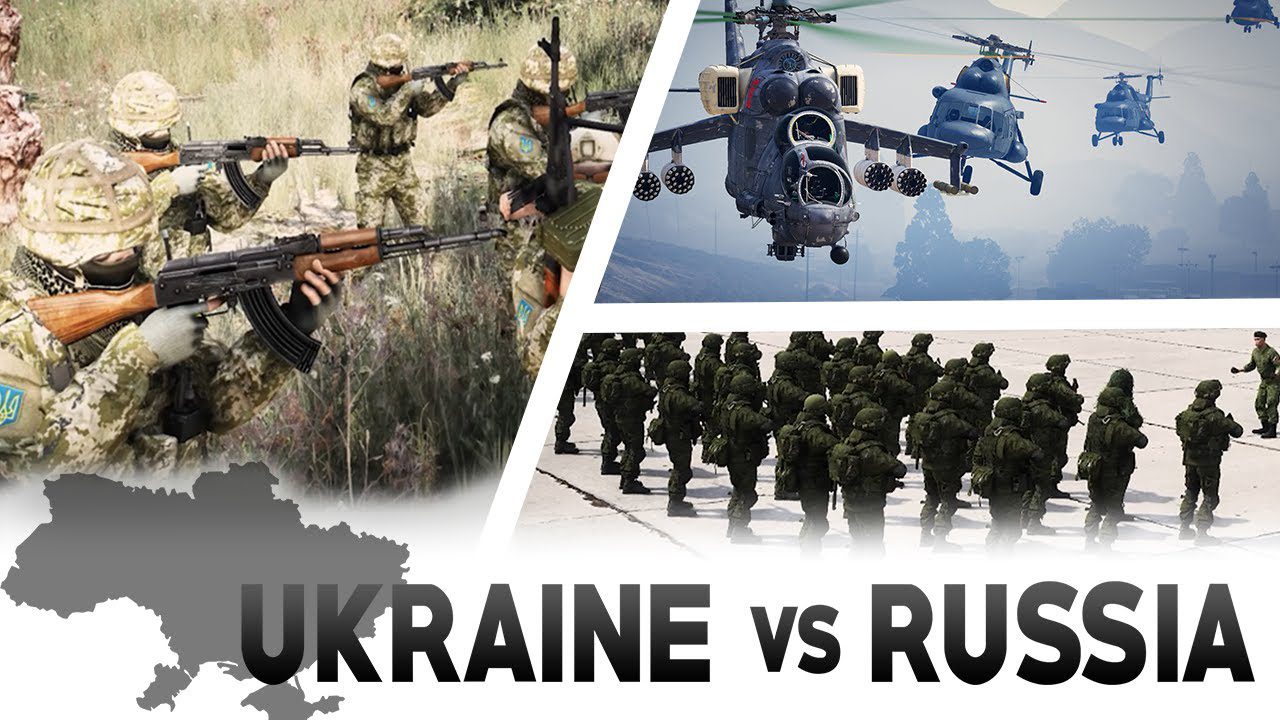The history of wars shows that not all of them end in victory or defeat, and often there are truces that neither side likes.
The examples of the Arab-Israeli wars, the Indo-Pakistani conflict, the Korean War, and African military conflicts demonstrate the type of confrontation, that do not end according to the canons of nineteenth-century European military customs. In such wars , the winner often does not feel like a winner, and the population of the country which has lost more, is divided in its perception of the outcome of the war as a victory or defeat.
Israel’s new war with Lebanon and Islamic paramilitary organisations is unfolding before our eyes, has in fact no winners and losers, despite the majority of victorious battles and successful military operations by the Israeli army. It is not difficult to predict that Israel’s opponents , even after heavy losses, will not stop fighting and will attack again after a short truce. The current military conflicts in Asia, particularly in the Middle East, are an example of wars without the formula “victory is peace: defeat and surrender”.
There are threats that the Russian-Ukrainian war could become this type of conflict. The authorities and Facebook populists have been telling the people too much about the beautiful victorious scenarios of war and the 1991 borders. But now, unfortunately, there are no close signs that that we are getting closer to Crimea or that we will encircle Donetsk. The scenario where the war ends in a ceasefire with the demarcation line remaining close to the current one will remain relevant.
Then Ukrainians and Katsaps will count “goals”, trying to assess the situation in their favour. Despite the fact that the enemy has achieved meagre results compared to the initial goals of the war,the occupiers will put on their account:
- breaking through a land corridor to Crimea through the Ukrainian Azov Sea;
- the occupation of almost all of Luhansk, most of Donetsk, and two-thirds of Kherson and Zaporizhzhia.
They will continue to bark about the “decline of Ukraine’s defence potential” , but they won’t believe it themselves.
TheUkrainians will record a number of deflected shots:
- liberation of Kyiv, Chernihiv and Sumy regions;
- The liberation of Kherson and the Kharkiv operation;
- the liberation of Zmeinyi Island and the won “Battle of the Black Sea”, where the Ukrainians managed to corner the Russian Black Sea Fleet and break through the sea lanes;
- stopping the Russian offensive near Vovchansk;
- Weakening Russia’s military potential – and the whole world will believe us.
- And among the achievements is the occupation of part of Kurshyna , which is like a thorn in the eye of the Russian bear, will not allow the Kremlin to talk about its victory. What kind of “victory” is this if part of Erephia is occupied?” confused Russians will ask.
Each of the countries will consider itself a “winner who has achieved significant results” and will have a significant proportion of the population who will consider this score a defeat. But if the authoritarian Erethia suppresses criticism of the results of the “SVO” (lots) in the information space, and their public expression is punishable , in Ukraine, especially before the elections, the number of traitors will increase exponentially.
Many of our political forces will talk about the actual defeat and greater territorial gains of the enemy from every iron. We will be lucky if we manage to avoid a third Maidan during the ceasefire, which the enemy will certainly try to organise or use. Unfortunately, democracies are more vulnerable in this regard than dictatorships, where defeat can be presented as victory or silenced through media censorship, while in democracies, even a small defeat is hyperbolised to the point of catastrophe.
Given the incredible complexity of successful military operations to liberate the occupied territories, Ukraine’s accession to NATO or at least the EU could be the winning point that would leave no room for internal splits. But on this “battlefield”, the ball is in the hands of our “special” partners from Washington, Berlin, Warsaw, or perhaps even Budapest. And only the formation of a geopolitical conjuncture in which it would be more profitable for them to accept Ukraine than to continue drawing their “red lines” and making demands on us can help us.
Unless “black swans” intervene in the Russian-Ukrainian war, such as the death of the Kremlin dictator, the uprising in Erephia , or Russia’s entry into war with other countries, we will have not so much peace as a truce, which we will consider a defeat, but a truce, which will be considered a defeat.
Author: Valeriy Maydanyuk


Leave a Reply